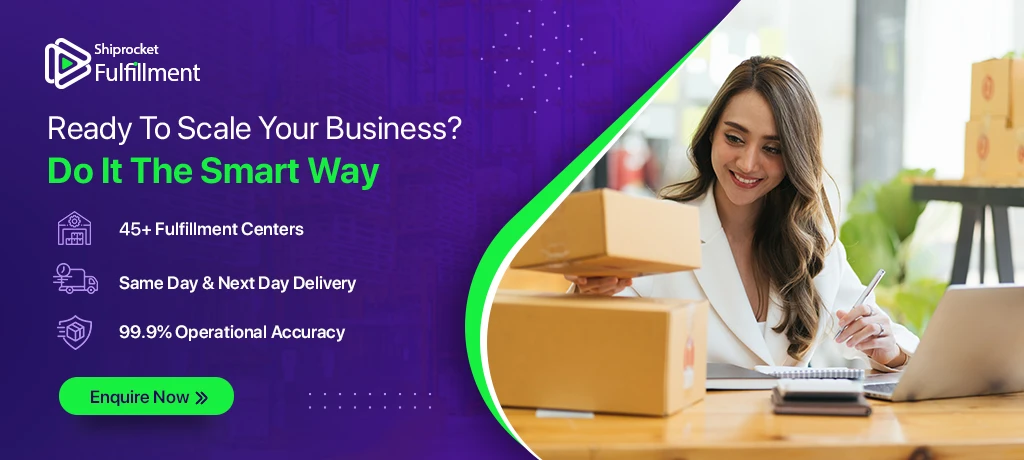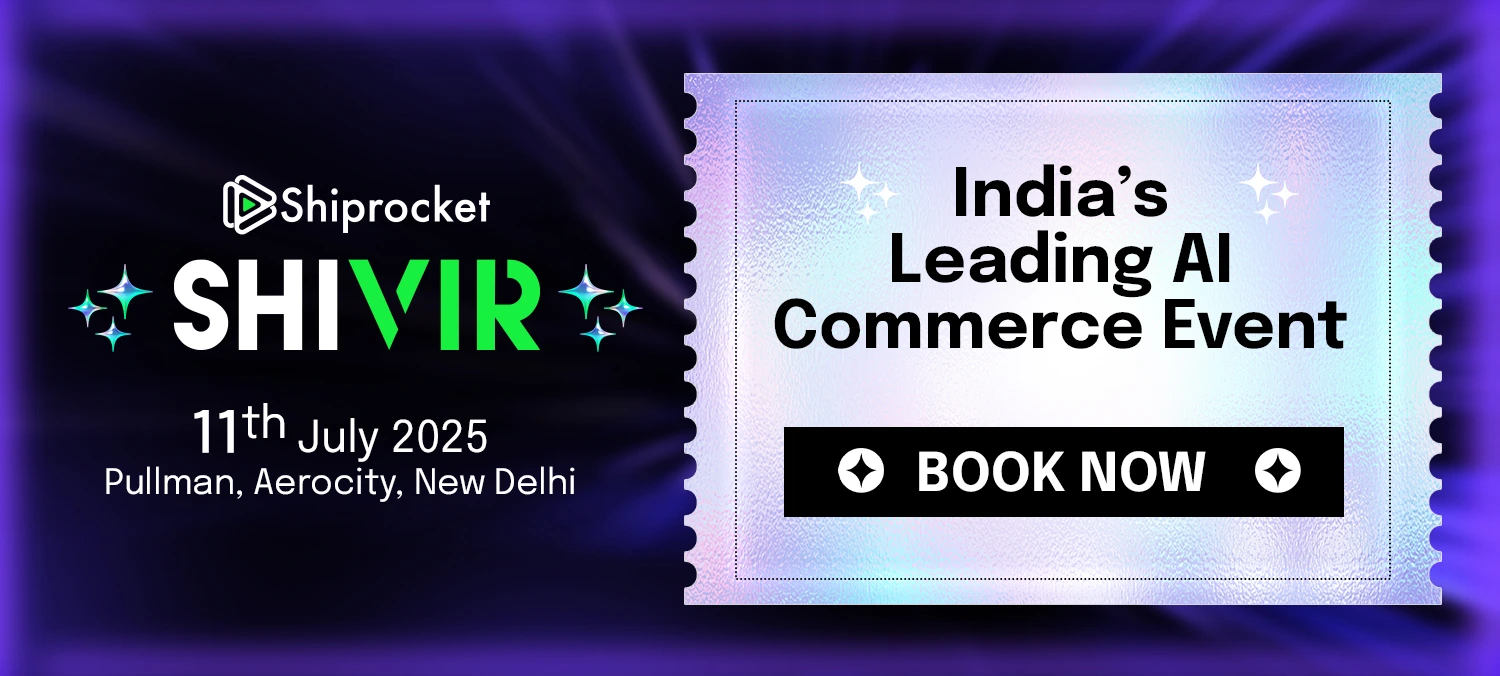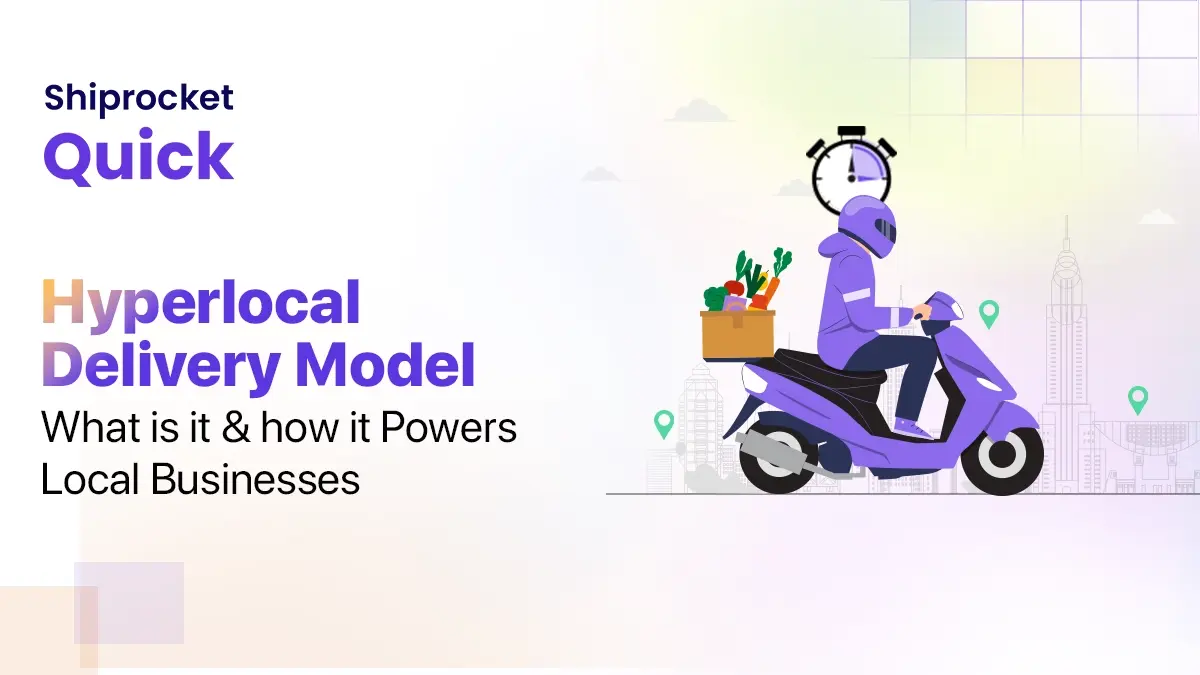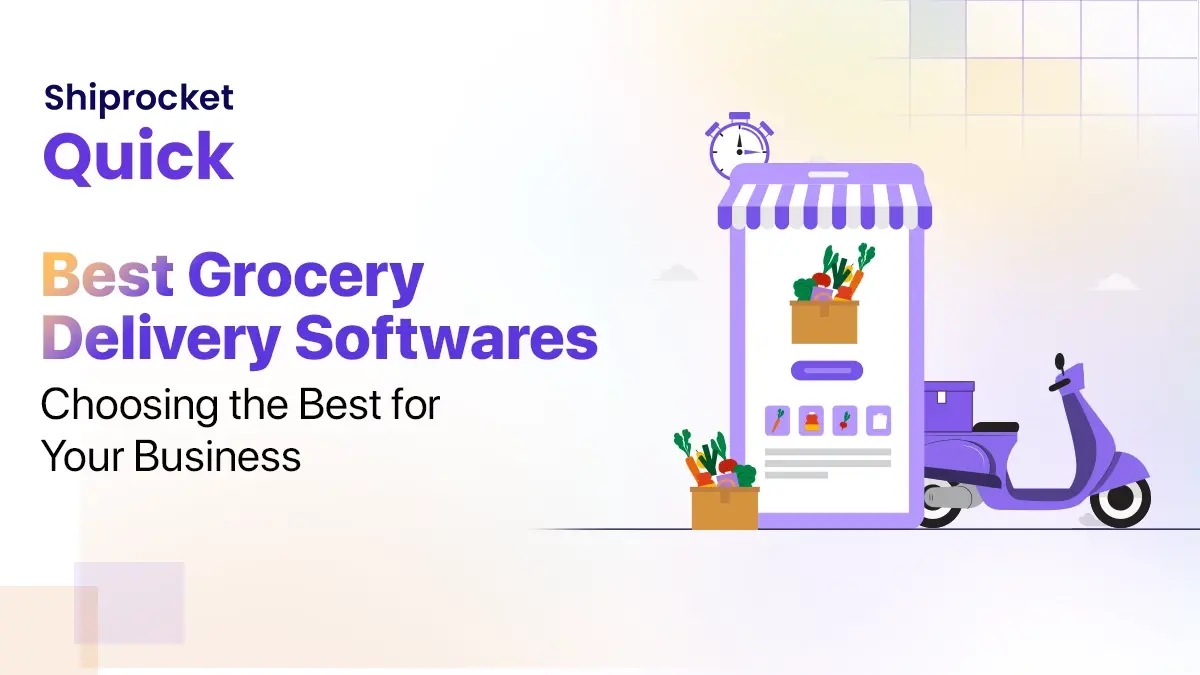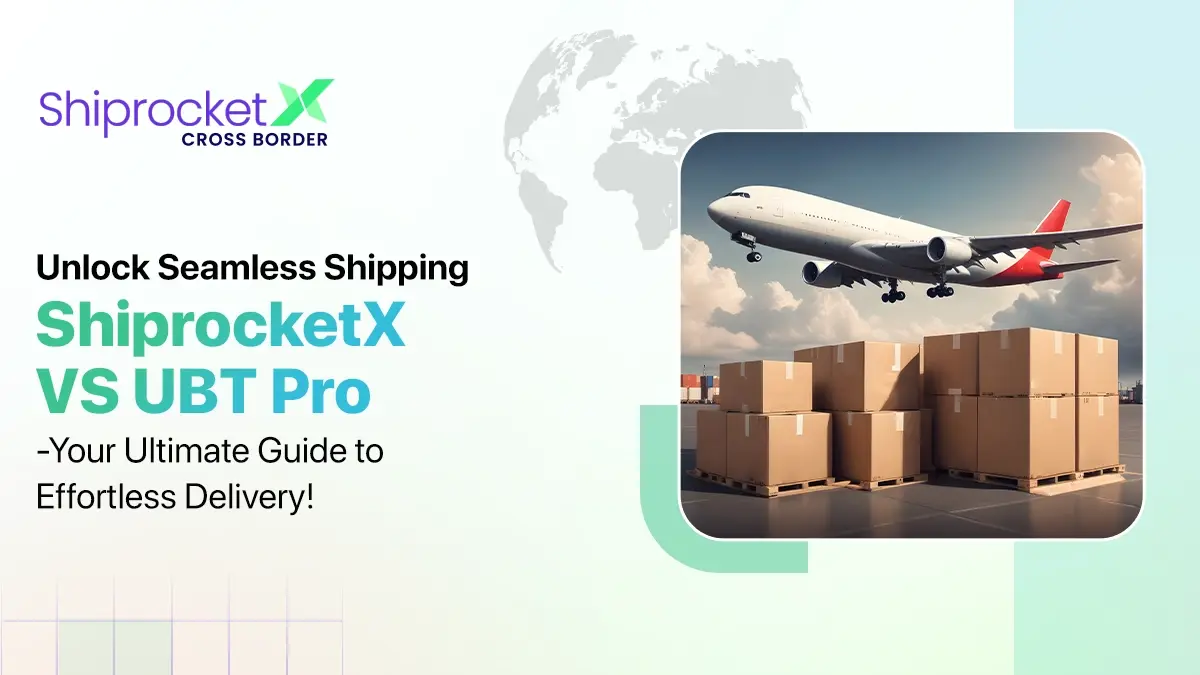Know The Difference Between B2B And B2C Order Fulfillment
B2B and B2C fulfillment play a major role in the growth of an economy. These two terms can often be confusing for anyone new in the business world or for someone who may have only heard of distributors, logistics, and support services.
There are many clear differences between these two operations, and each work in their own unique way to help businesses grow.
Let us discuss in detail both the processes of B2B and B2C order fulfillment and understand the differences between the two.

What is B2B Order Fulfillment?
B2B or business-to-business fulfillment services focus solely on order fulfillment between two business entities. The services manage bulk orders to supply products or goods to the recipient’s business. The services help businesses stock up on goods in advance so that they can function for weeks or months. Such order fulfillment services ensure businesses can resell their items to consumers whenever those items are in demand.
B2B fulfillment services focus on providing fast and reliable delivery. They are required to follow complex procedures in their warehousing operations while they also play a crucial role in the company’s ability to meet their orders in time.
A number of large stores require B2B fulfillment centers to comply with Electronic Data Interchange (EID) as well as barcode labels and invoices. This makes B2B fulfillment a complicated system that requires an experienced workforce to handle such technologies and quality management systems.
ShipBox, Simpl Fulfillment, ShipMonk, Easyship, Fulfillment by Amazon, and FedEx Fulfillment are some of the major players in B2B fulfillment.
What is B2C Order Fulfillment?
B2C fulfillment services deal directly with the customer as compared to B2B services where they deal directly with the business. This makes B2C fulfillment service a lot less complex than large-scale bulk orders that are the foundation of B2B services. There is more emphasis on customer satisfaction and quality service when it comes to B2C services. People dealing with B2C order fulfillment focus more on customer experience and the delivery process as compared to B2B services.
The focus of B2C fulfillment services is to ensure that the end customer is happy with the product and the delivery service.
Businesses can offer options such as free shipping, expedited same-day shipping, or next-day delivery to customers to get the products to them faster and keep them informed with tracking pages. These companies need to make a good impression on customers to keep them coming back for more purchases in the future.
Driver Logistics, Shipway, Logistics Terminal, and Shiprocket are some of the top B2C fulfilment players in India.
Differences Between B2B and B2C Order Fulfillment
There are three stages in an order fulfillment process –
Pre-purchase, Purchase, and Post-purchase.
There are differences how B2B and B2C fulfillment services function in each of these stages.
Pre-Purchase Stage
- Price of Products: Pricing in B2B is more complicated because the same product is available at different price points for each customer depending on their order type, order quantity, purchase commitments, payment terms, etc. Prices in B2C are more standardized compared to B2B.
- Sales Assistance: There is very little, if at all, sales assistance in the B2C process. Whereas, B2B is more complex and requires assistance at multiple levels. In B2B, the relationship is long-term and the order quantity is significantly larger than B2C companies.
- Revenue Received: B2B deals with large volume of orders, which may also include raw materials. Compared to it, B2C fulfillment consists of a comparatively smaller order volume, like personal appliances or electronic items. Therefore, B2B orders are recurring and can be costlier, while B2C orders can cost less and mostly be one-time purchases.
- Product Price: The prices of the B2B orders change as per the needs of the end-consumer, i.e., another business. This generally depends on the order size, relationship or contract between both the parties, frequency of orders, and payment terms. Often, a brand selling its products to a retail business can set a wholesale price at 30-50% of the retail price. Thus, the retailer can buy in bulk and market the product himself. However, with B2C, orders are straightforward and the price is generally per unit as set by the product brand.

Purchase Stage
- Buying decision: Businesses do a lot of research and planning before agreeing on a B2B contract, and substantial effort is made to keep emotion and personal feelings out of the buying decision. In contrast, a B2C purchase requires less planning while the buying decision is mostly based on personal preferences.
- Sales process: B2B transactions are negotiated with several suppliers and warehouses depending on the needs and financial decisions of a company. For instance, a bakery has to compare the prices of flour, sugar, and milk from different sources and come up with the most cost-effective and reliable supplier. In B2C purchases, customers have the option to choose from which bakery they want to buy bread.
- Order size and number of transactions: B2B shipments occur on a large-scale, where items are ordered in bulk multiple times in a year depending on the needs and requirements of the receiving business. A B2C purchase generally involves lighter deliveries and a single transaction.
- Payments: B2B payment schemes involve procurement of materials on credit. For instance, when a business orders raw wood from its supplier, it will receive an invoice along with the ordered goods which detail the amount owed and the terms and conditions of the transaction. However, a B2C transaction is pretty straightforward, where the customer will order a wooden chair from an eCommerce site and pay at their doorstep when they receive the delivery.

Post-Purchase Stage
- Order fulfillment and shipping methods: As B2B transactions involve large shipments, the order fulfillment service and shipping systems used are very different. They cost much more, take longer time to reach the destination, and may require sophisticated handling equipment when loaded on specialized trucks or ships. B2C order fulfillment offers low-cost which arrives within a week of order placement – sometimes on the same day.
- Relationship with the end customer. Business to business relations is essential in B2B order fulfillment, while B2C services focus on customer satisfaction.
- Handling returns. B2B order fulfillment companies handle large order sizes, and their contracts describe obligations and processes for managing returns and losses. Third-party insurance companies may also be involved to minimize the impact of risk on each company. On the other hand, B2C transactions involve clear return and refund policies possible in the retail market.
Conclusion
Depending on the type of business you’re running, you may have to deal with B2B order fulfillment, B2C order fulfillment, or both. Hopefully, you now have a better understanding of what to expect at different stages of service consumption and can make an informed decision before opting for your fulfillment service.
